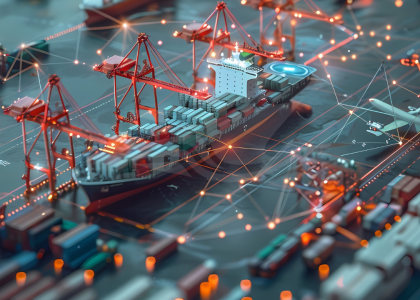In maritime project management, delivering a ship or infrastructure is only half the battle. Ensuring it meets strict international and operational standards is the true benchmark of success. That’s where quality assurance comes in—embedding control and consistency at every stage of execution to secure high project quality and reliability across all maritime ventures (image by: freepik).
Why Quality Assurance Matters in Maritime Projects
From shipbuilding to offshore installations, maritime projects operate under intense scrutiny. They must comply with ISO certifications, class society regulations, environmental protocols, and safety mandates. Therefore, having a strong quality assurance framework is essential for delivering compliant, safe, and performance-optimized outcomes.
Elevate every aspect of your project. Partner with us for uncompromising quality assurance in maritime ventures.
Core Elements of Maritime Quality Assurance
A sound project quality assurance program involves:
- Documented quality plans aligned with client and regulatory requirements
- Systematic inspections and test plans (ITPs) at critical phases
- Defined roles and responsibilities within QA/QC teams
- Non-conformance management for early resolution of defects
- Audit trails and reporting for traceability and accountability
These pillars ensure that quality is not inspected at the end—but built into every stage from planning through commissioning.
Common Pitfalls Without Quality Assurance
Without structured quality assurance, teams often rely on last-minute corrections or visual checks, which lead to rework, delays, and safety issues. Moreover, lack of traceability makes it difficult to defend outcomes during audits or insurance claims. In contrast, consistent quality assurance practices improve stakeholder confidence and reduce long-term costs.
Tools That Support Project Quality Assurance
Digital platforms such as QA/QC tracking systems, 3D inspection software, and real-time dashboards empower teams to document, monitor, and correct in real-time. Integrated project management systems also align quality checkpoints with progress milestones, ensuring that maritime standards are met without compromise.
Embedding a Culture of Quality
Beyond tools and procedures, project quality depends on mindset. Everyone—from design engineers to welding inspectors—must value consistency and accountability. Regular training, root-cause analysis, and lessons learned sessions foster a shared responsibility toward excellence. As a result, quality becomes a core part of team culture, not a final checklist.







